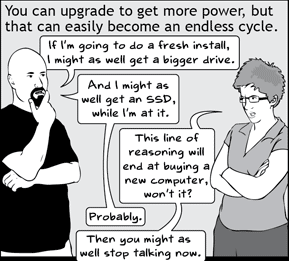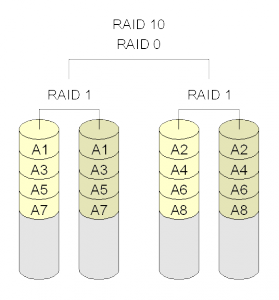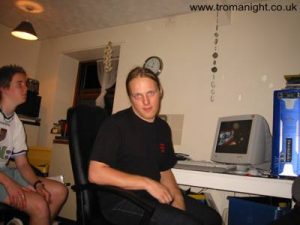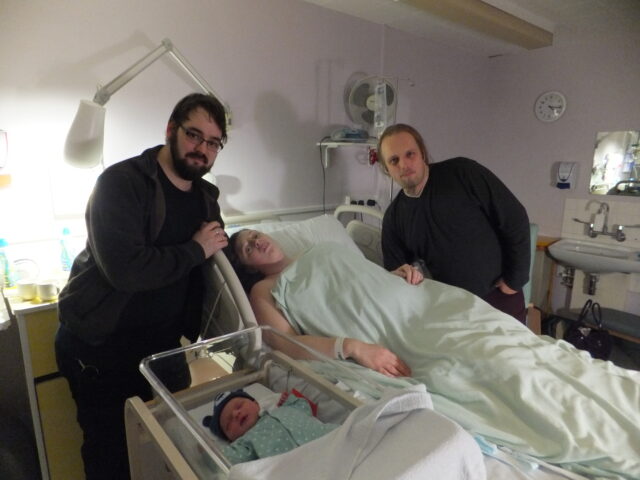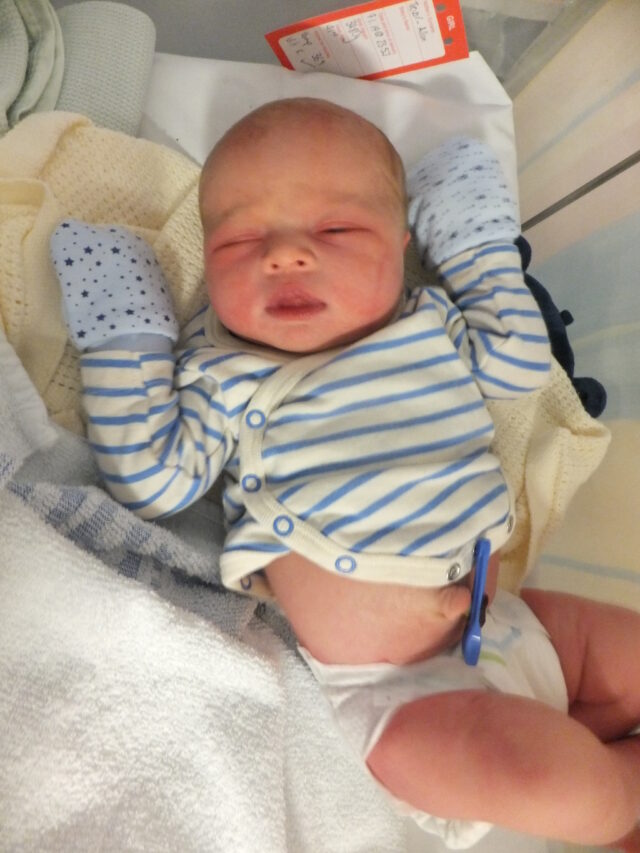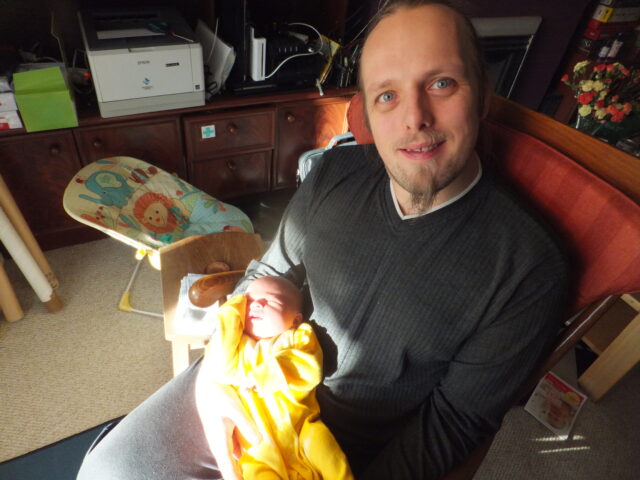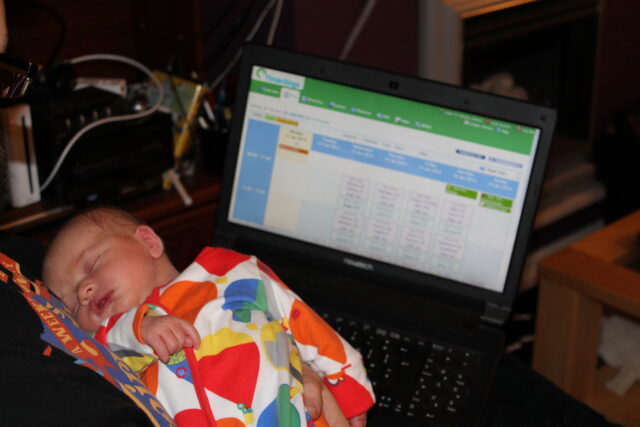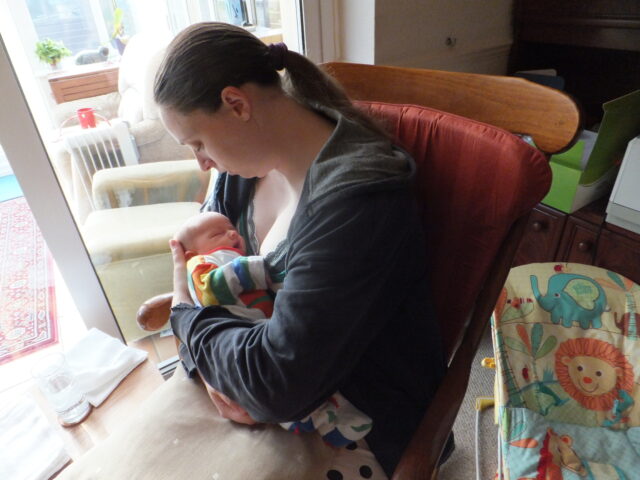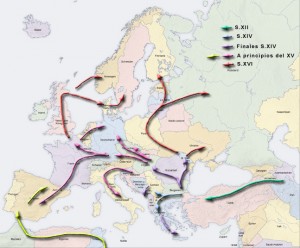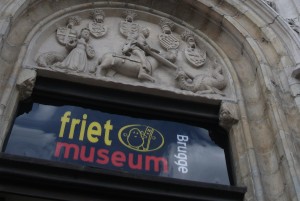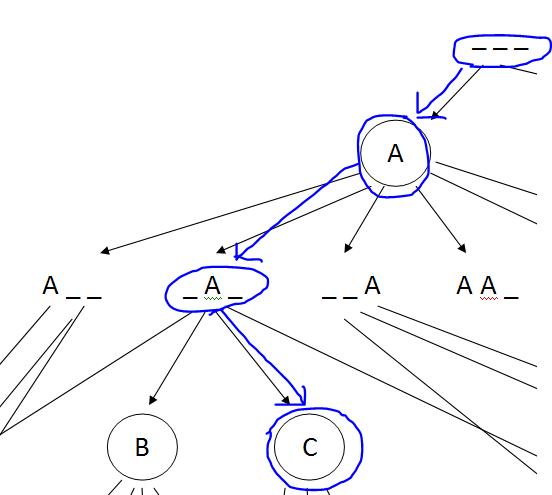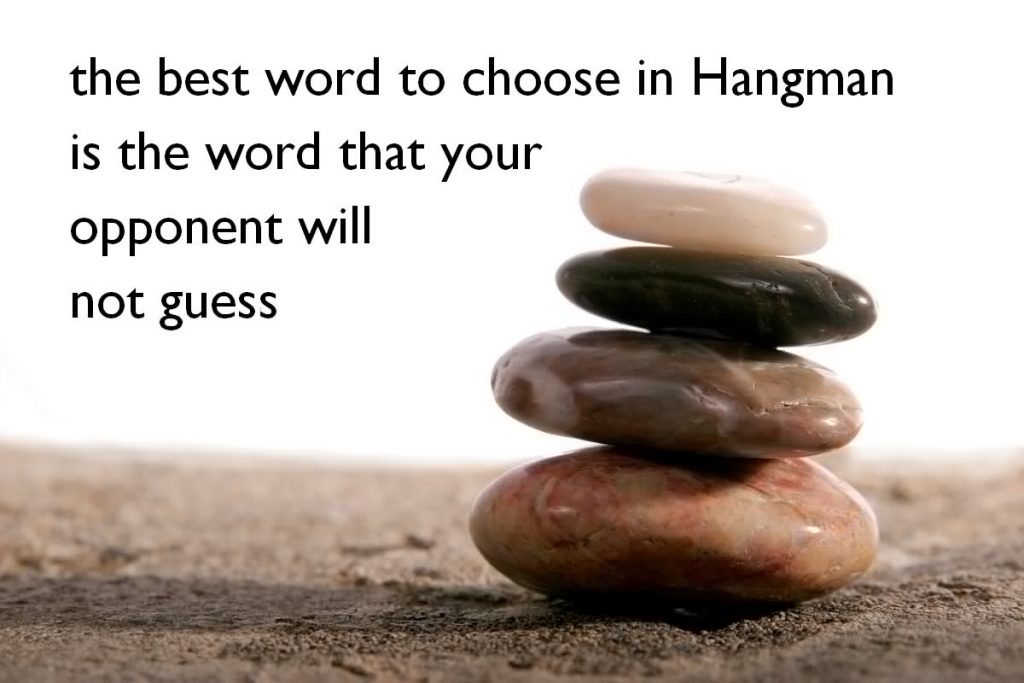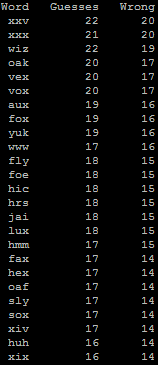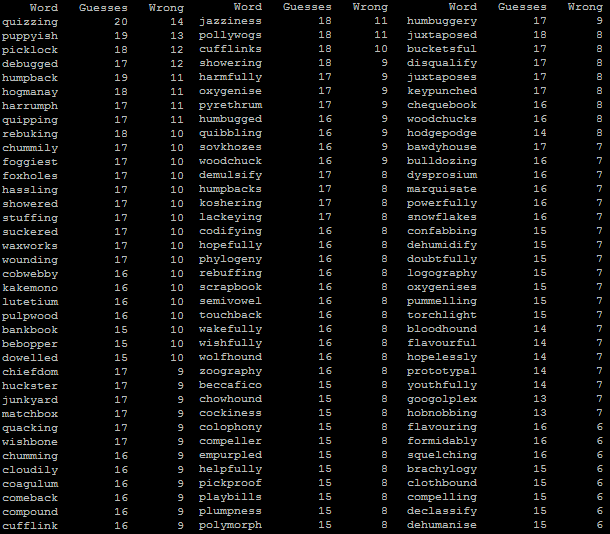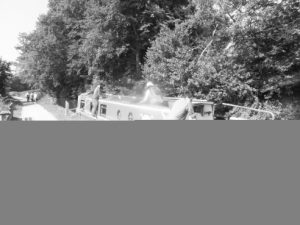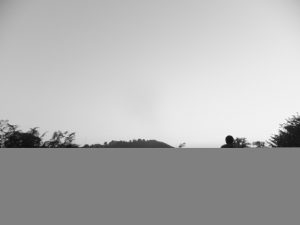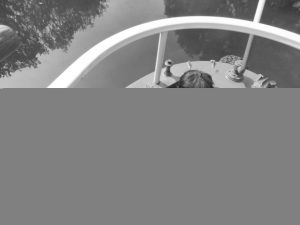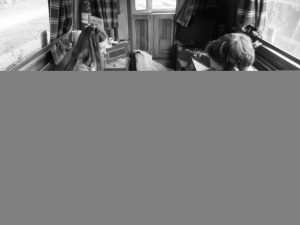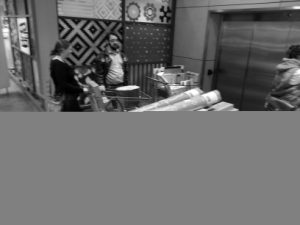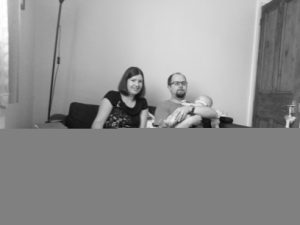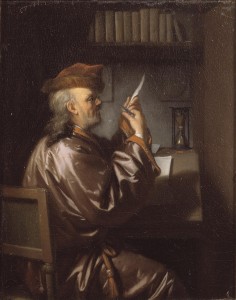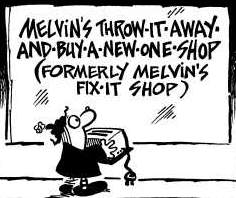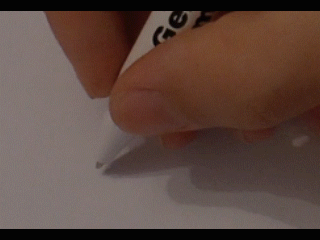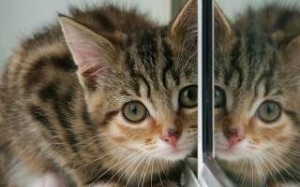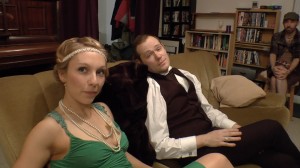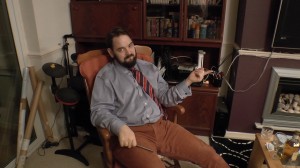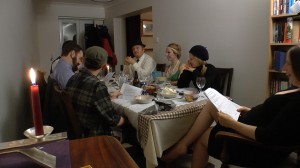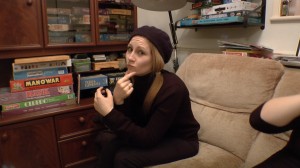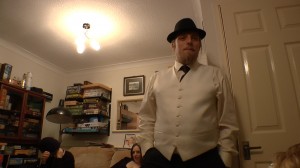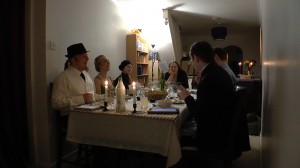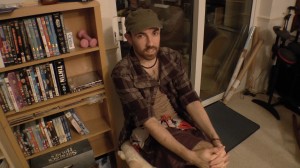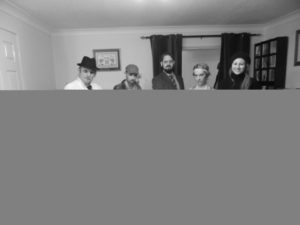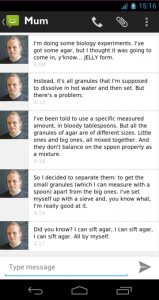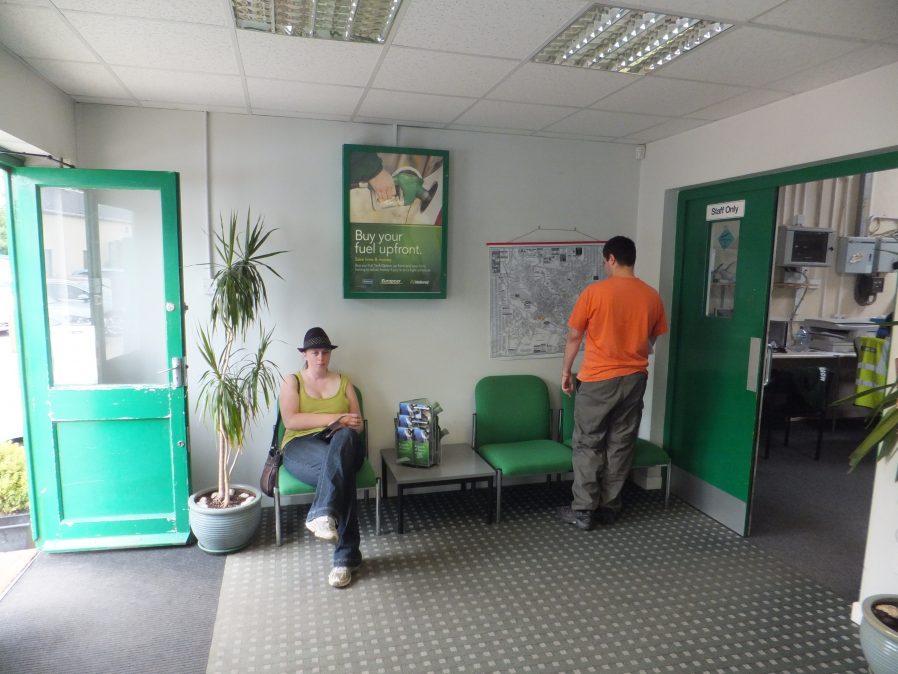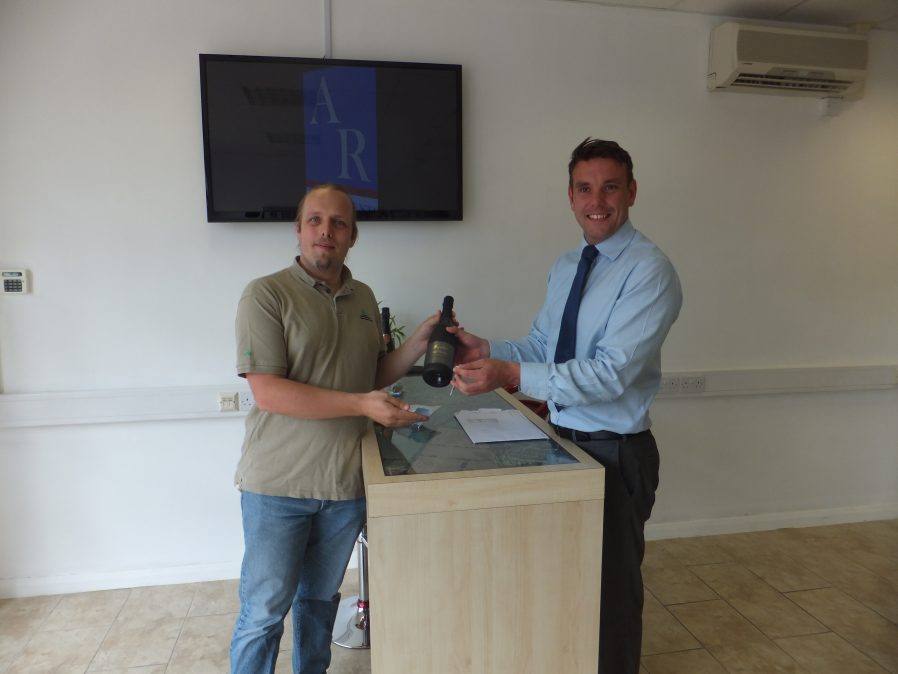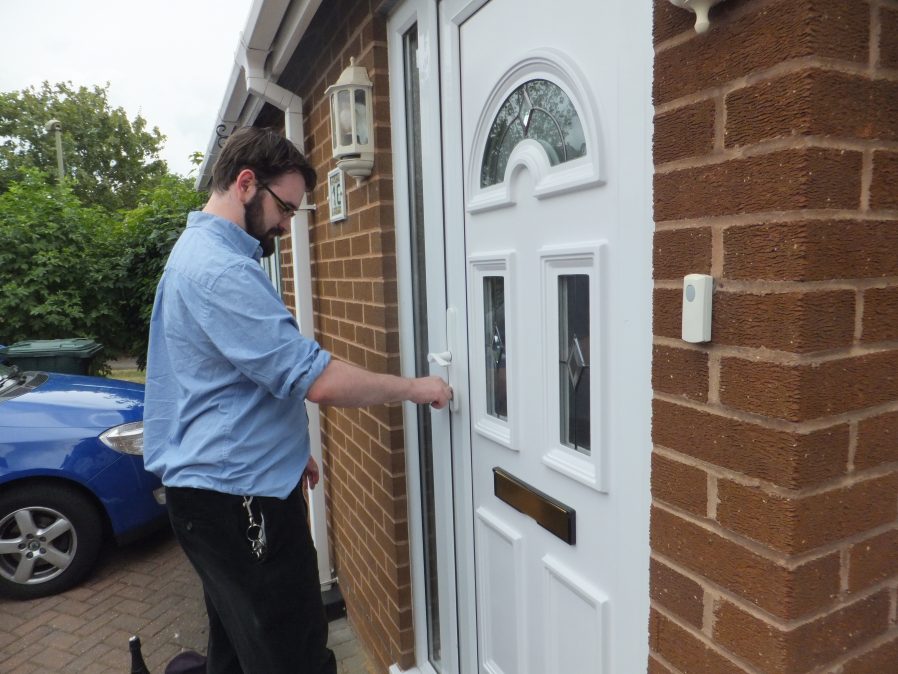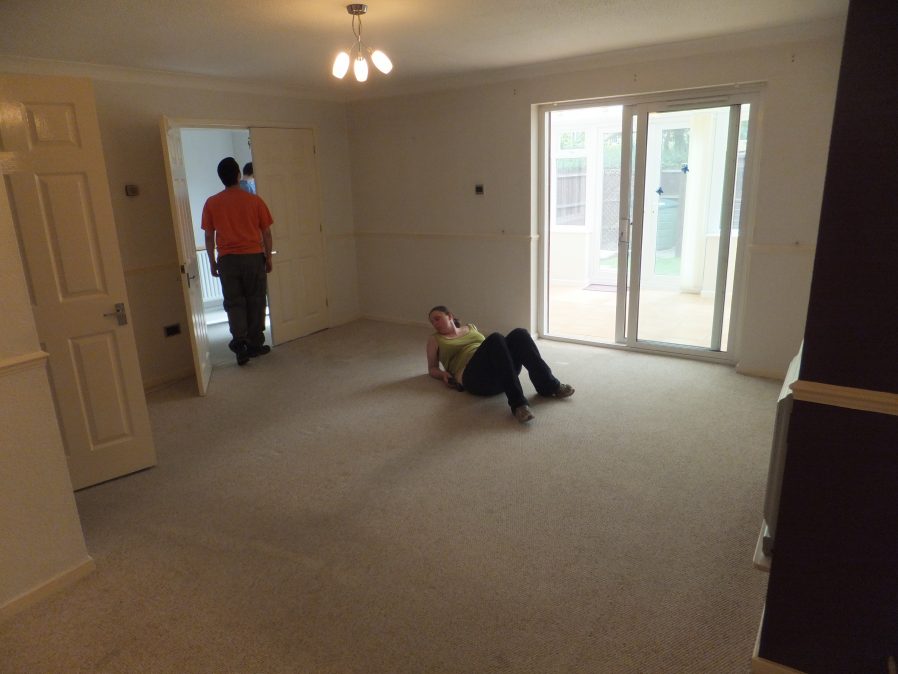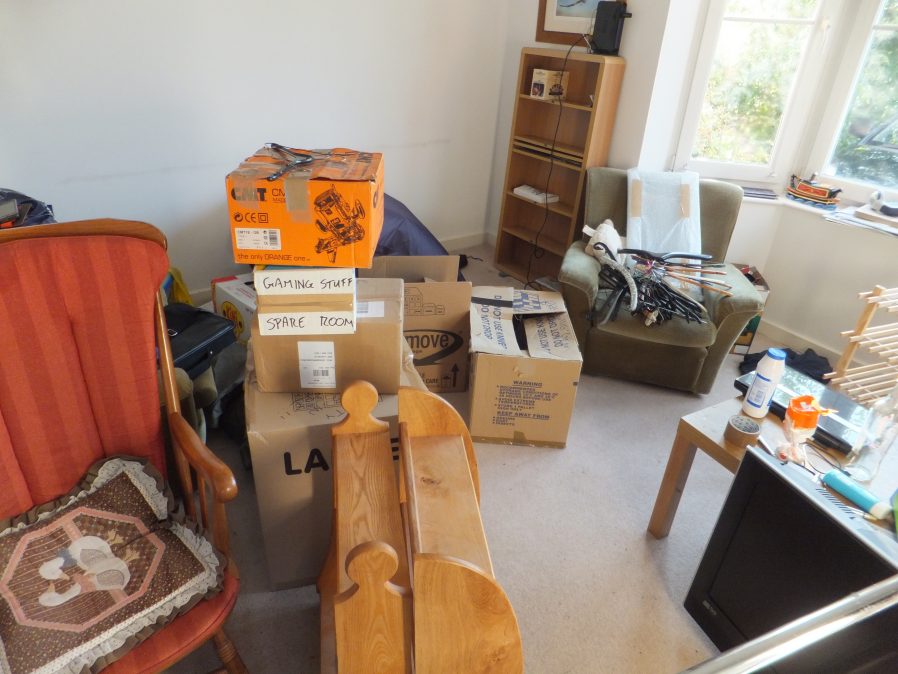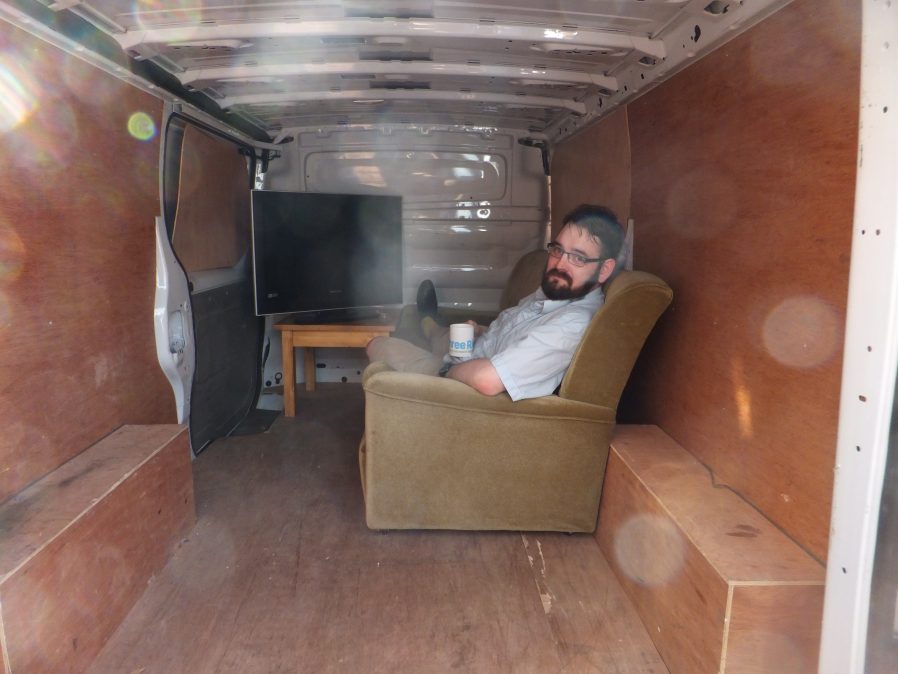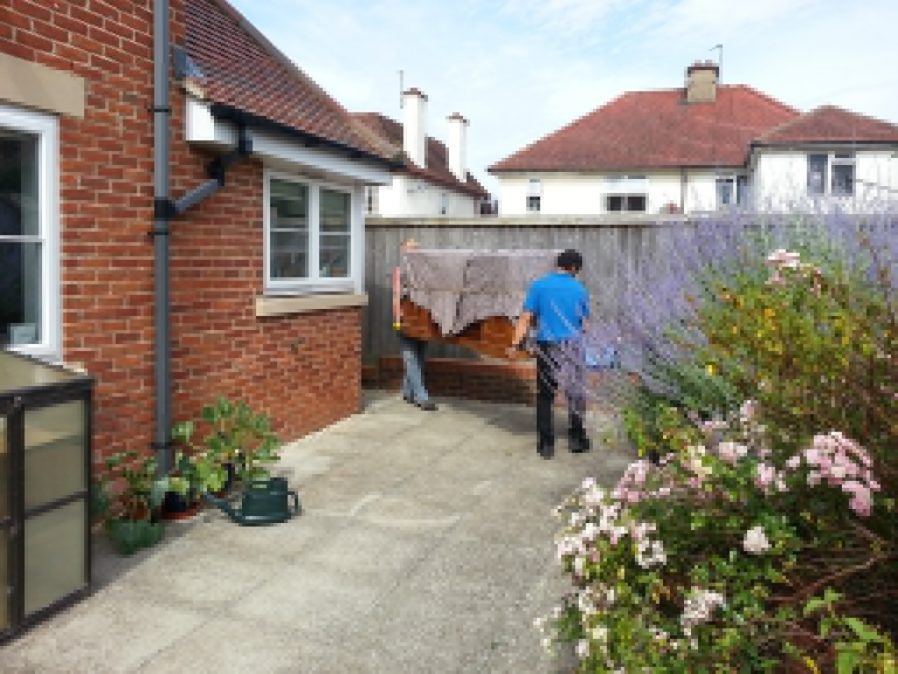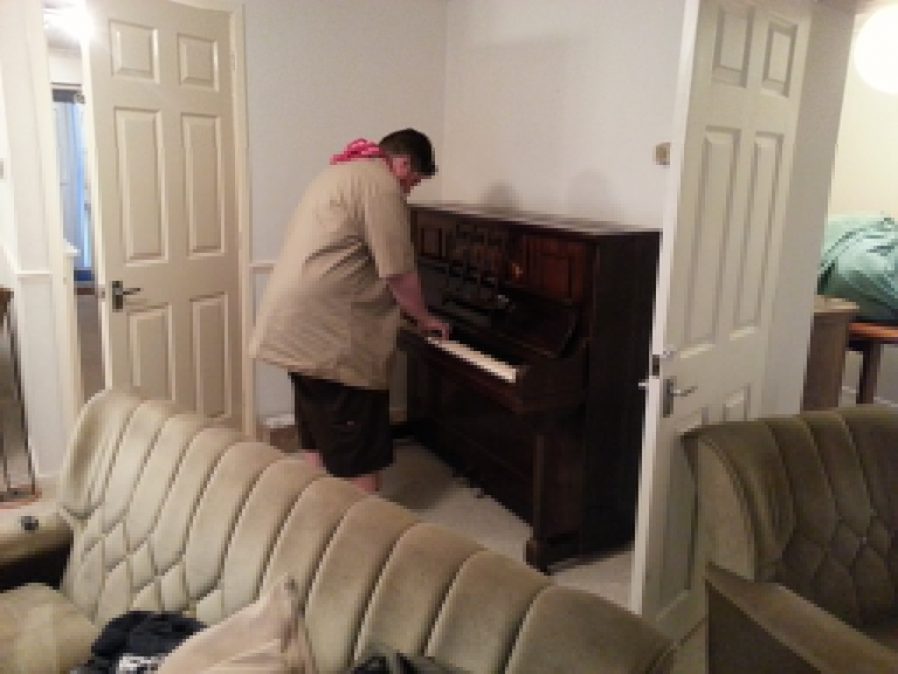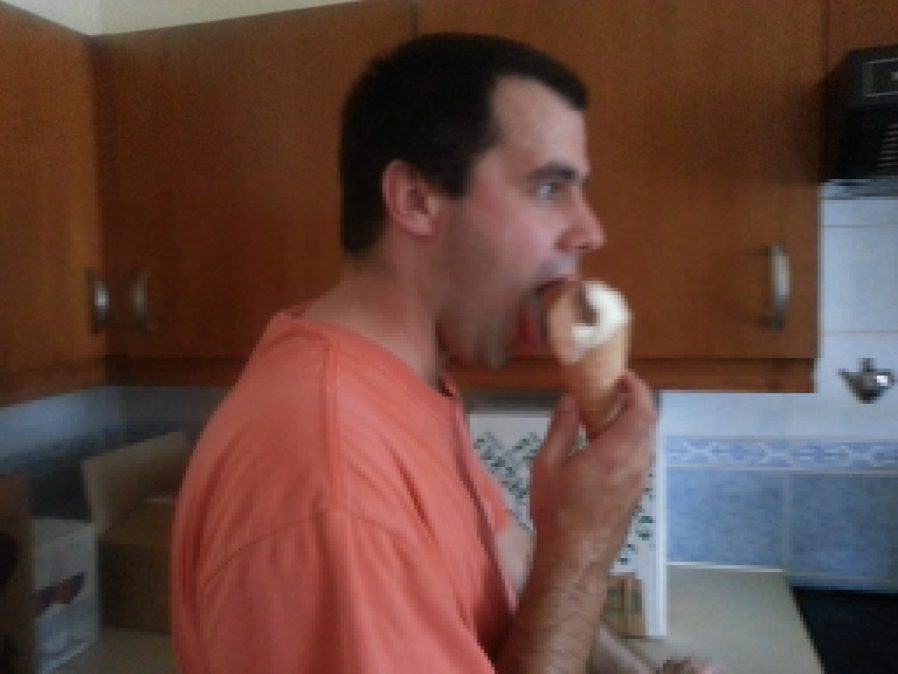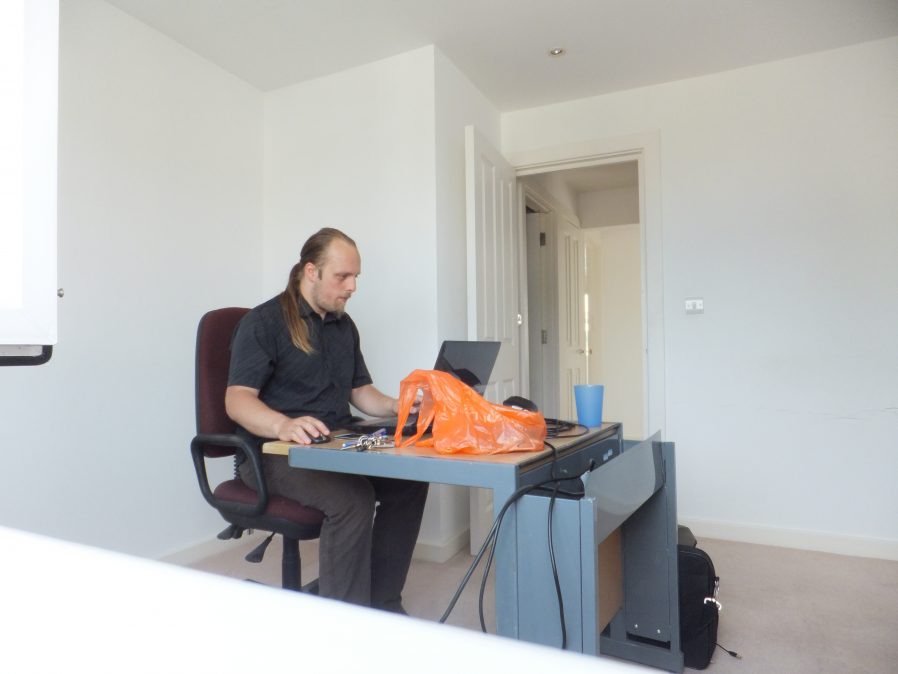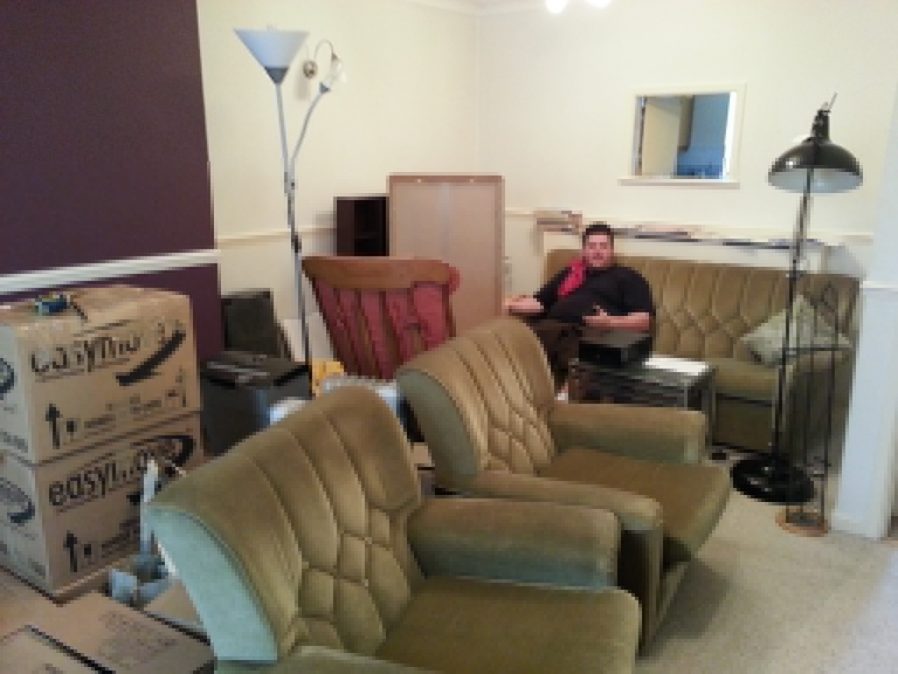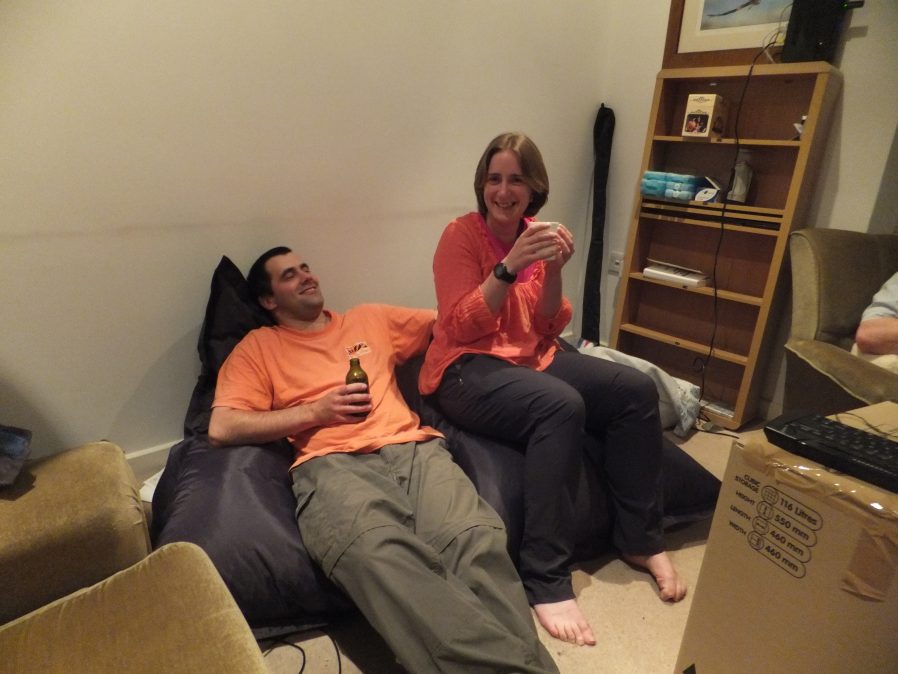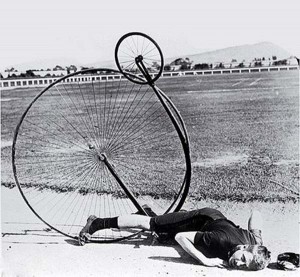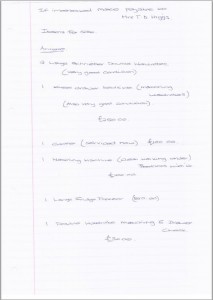A little over a third of my life ago, when things were very different, I was dating a girl who had an unusual approach to horoscopes. During the period that we lived together, each morning, I’d see her perform a peculiar dance (at the time, I thought that it was things like this that defined her particular insanity: later, I learned better).
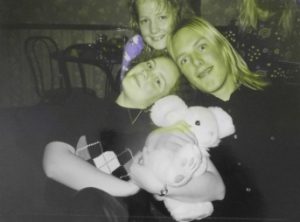
Trying to date anybody IN this photo? Tread carefully…
She’d get up and check her horoscope on Teletext (again: if you needed any clue as to how long ago we’re talking, there it is): that was usually her first port of call for her astrological guidance. She’d sit there, waiting for Scorpio to load (at the end of the second page of Teletext horoscopes)… and then decide whether she liked it or not. And if she didn’t like it: if that particular horoscope didn’t suit her – she’d reject it. She’d go and check her horoscope in the newspaper, and see if that one was better. And failing that, she’d go onto the Internet and find a horoscope online; and so on, until she found one that she wanted. (I wonder what she’d have done if she’d have found a fortune cookie that she didn’t approve of? Eat another?)

At the time, I mocked her for it. But over time, I’ve come to see that “choosing your own horoscope” is no less-insane, and perhaps a little saner, than believing in the power of horoscopes to begin with. To argue against her behaviour on the grounds that she’s choosing a horoscope rather than using the ‘correct’ one, one must first accept the legitimacy of the process of assigning people personality characteristics based on the relative positions of the Earth, Sun and distant stars at the time of their birth. You can argue against her on the grounds that she’s crazy, of course, but I think we can agree that somebody who reads several horoscopes and chooses one isn’t any more crazy than somebody who reads just one horoscope and then accepts that as legitimate.
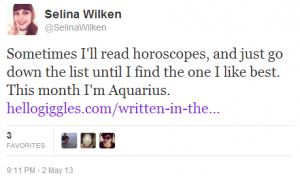
The craziest thing about my ex-, in this particular quirk, though, was that she tried to justify her logic when I challenged it. My friend Selina once tweeted that she would select her favourite horoscope from the list of 12 zodiac signs available to her from a single source. I think that’s marginally more-sane again, than my ex-: while my ex- used to read the same star sign from several different media (demonstrating that she harbours a belief in astrology to begin with, but that she finds things made by humans to be flawed), Selina’s actions show that she’s able to take the whole thing with sufficient sarcasm that it almost doesn’t matter.
A yet still saner option might be to write one’s own horoscope, rather than funneling yourself into “one of twelve”. It’s still a little bit silly, but at least you’re taking responsibility for your own destiny. Furthermore, writing your own horoscope might be considered akin to an affirmation, which can act as an effective method of self-help. For example, if my ex- were to write her own horoscope, every day, which read “Scorpio: you will no longer read horoscopes nor believe in the power of astrology”, then eventually she might come to fulfil her own prophecy.
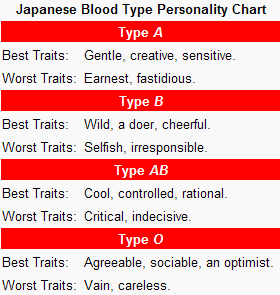
Many, many years ago, I found a service online that allowed you to change your star sign, for free. You basically filled in a form with your name and your chosen new-star-sign, and it’d
give you a certificate that you could print out (or some HTML code to put on your GeoCities page or whatever… did I mention this this was a long time ago). I used the service, and for
years afterwards joked that I had never been comfortable
in the body of a Capricorn (I mean: financially prudent, pragmatic and mature‽) and was far better suited to my adopted sign of Aquarius (humanitarian, inventive, head-in-the-clouds –
sound more like somebody you know). My ex- countered, saying that it wasn’t possible to change one’s star sign, and couldn’t see the hypocrisy of the
statement.
Recently, somebody using my Free Deed Poll website asked me if they can use a deed poll to change their date of birth (hint: no, and don’t be stupid), and I was reminded of the change-your-star-sign website from so long ago. It’s gone down, now, but I have a half-hearted urge to recreate it. Perhaps for April Fools’ next year, or something.
Or maybe I’ll have forgotten about it and moved on to some other crazy idea. Aquarians, eh?





